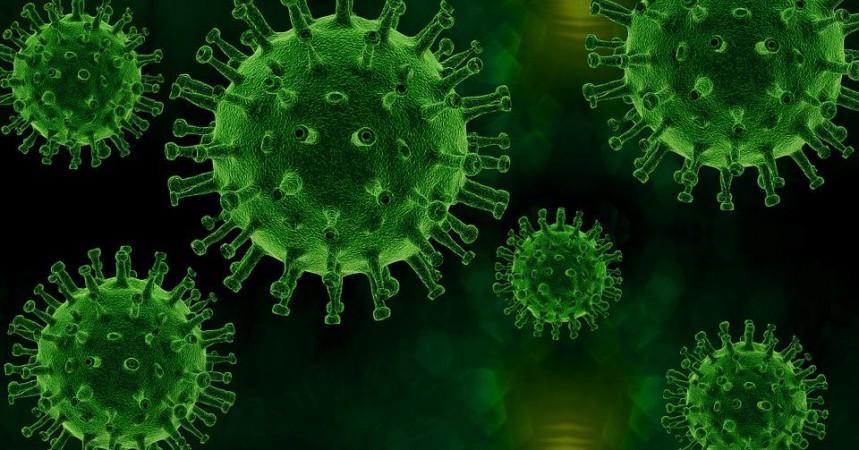The overall risk of children becoming severely ill or dying from Covid is extremely low, a new study has confirmed.
The study, led by scientists from University College London, and the Universities of York, Bristol and Liverpool, showed that the overall risk of hospitalisation and death remained low in children, the BBC reported.
However, those living with multiple chronic illnesses and neuro-disabilities were most at risk, they said.
The team analysed England's public health data and found that among the young people who had died of Covid-19, around 15 had life-limiting or underlying conditions, including 13 living with complex neuro-disabilities, while six had no underlying conditions recorded in the last five years.
Further, 36 children had a positive Covid test at the time of their death but died from other causes, the analysis suggests. Children and young people who died were more likely to be over the age of 10 and of Black and Asian ethnicity, the BBC report said.

Currently, under-18s are not routinely offered Covid vaccines, even if they have other underlying health conditions that put them at risk.
The findings are being considered by the UK's vaccine advisory group, the report said.
The complex decisions around vaccinating children requires in-depth research. Data expected from studies in children in the US and Israel, should also be taken into account when making the decision, lead researcher Prof Russell Viner, was quoted as saying.
However, if there were adequate vaccines, their research suggested certain groups of children could benefit from receiving Covid jabs, he said.
"I think from our data, and in my entirely personal opinion, it would be very reasonable to vaccinate a number of groups we have studied, who don't have a particularly high risk of death, but we do know that their risk of having severe illness and coming to intensive care, while still low, is higher than the general population," Viner said.
"Although this data covers up to February 2021, this hasn't changed recently with the Delta variant. We hope this data will be reassuring for children and young people and their families," added Elizabeth Whittaker, from the Royal College of Paediatrics and Child Health and Imperial College London.









!['Had denied Housefull franchise as they wanted me to wear a bikini': Tia Bajpai on turning down bold scripts [Exclusive]](https://data1.ibtimes.co.in/en/full/806605/had-denied-housefull-franchise-they-wanted-me-wear-bikini-tia-bajpai-turning-down-bold.png?w=220&h=138)



